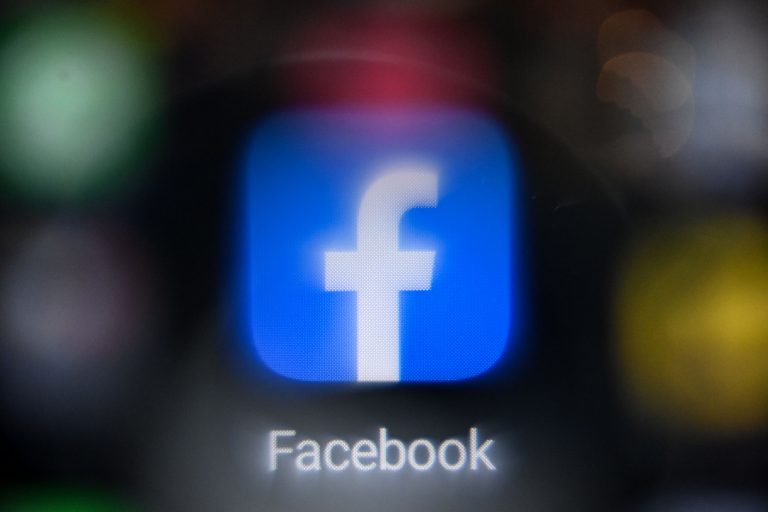After allowing citizens from a list of countries to openly call for violence against Russians and Russian soldiers, including Russian President Vladimir Putin, on its platforms, Meta, Facebook’s parent company, has now backtracked and is now instructing its content moderators to remove any such comments or posts.
On March 10, Reuters reported that Meta would allow Facebook and Instagram users in some countries to call for violence against Russians and Russian soldiers in the context of Russia’s invasion of Ukraine, according to internal emails obtained by Reuters.
The countries where violent posts were temporarily allowed included, Armenia, Azerbaijan, Estonia, Georgia, Hungary, Latvia, Lithuania, Poland, Romania, Russia, Slovakia, and Ukraine.
According to internal emails to Facebook’s content moderators calls for the assassination of Russia’s President Vladimir Putin as well as Belarusian President Alexander Lukashenko, were permitted.
Last week a Meta spokesperson said in a statement, “As a result of the Russian invasion of Ukraine we have temporarily made allowances for forms of political expression that would normally violate our rules like violent speech such as ‘death to the Russian invaders.’ We still won’t allow credible calls for violence against Russian civilians.”
Success
You are now signed up for our newsletter
Success
Check your email to complete sign up
The calls for the leaders’ deaths were allowed as long as they didn’t contain other targets or have two indicators of credibility, such as the location or method, the company’s rules read.
In an email obtained by Reuters, Facebook content moderators were told, “We are issuing a spirit-of-the-policy allowance to allow T1 violent speech that would otherwise be removed under the Hate Speech policy when: (a) targeting Russian soldiers, EXCEPT prisoners of war, or (b) targeting Russians where it’s clear that the context is the Russian invasion of Ukraine (e.g., content mentions the invasion, self-defense, etc.).”
“We are doing this because we have observed that in this specific context, ‘Russian soldiers’ is being used as a proxy for the Russian military. The Hate Speech policy continues to prohibit attacks on Russians,” the email stated.
READ MORE:
Meta backtracks
In an about face, Meta’s global affairs president, Nick Clegg, wrote in a statement obtained by Reuters, “We are now narrowing the focus to make it explicitly clear in the guidance that it is never to be interpreted as condoning violence against Russians in general.”
“We also do not permit calls to assassinate a head of state… So, in order to remove any ambiguity about our stance, we are further narrowing our guidance to make explicit that we are not allowing calls for the death of a head of state on our platforms,” Clegg wrote in his statement.
There will be no changes to policies on hate speech as far as Russian people are concerned, Clegg said.
“Meta stands against Russophobia. We have no tolerance for calls for genocide, ethnic cleansing, or any kind of discrimination, harassment, or violence towards Russians on our platform,” Clegg wrote.
The statements come after, earlier this month, Russian authorities blocked all access to Facebook in the country after Meta refused to reinstate the Facebook profiles of several state-controlled outlets.
The Russian communications regulator has also imposed restrictions on Instagram, another Meta company, effective March 14 following Meta restricting access to Russian state media outlets Russia Today (RT) and Sputnik on its platforms across the European Union.
















